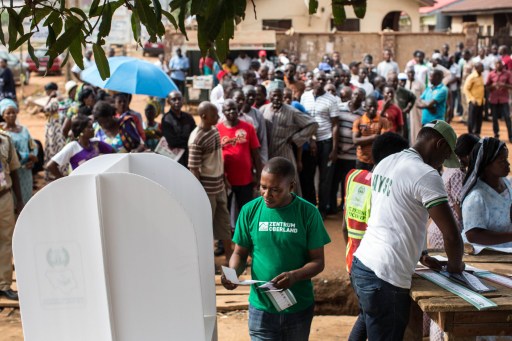
At a press briefing on key findings on electoral violence and the 2015 general elections, the executive director WARDC, Dr. Abiola Akiyode-Afolabi said, “we are concerned about the culture of impunity with which political parties and other stakeholders perpetrate electoral violence and the continued absence of institutional and legal solution against electoral violence in Nigeria, while there is inadequate knowledge available to the public on what constitute electoral violence and how to report incidences since there is lack of confidence in the system.”
She however, noted that key stakeholders should strive to set agenda to ensure that future elections are free of violence. “Insist on efficient measures against official and electoral corruption and impunity; insist on electoral system that is representative and participatory.”
While recommending that stakeholders should ensure accurate and secure database and continuous voter’s registration that will address issues of disenfranchisement amongst others, Akiyode-Afolabi noted that there should be more organised and effective civic education to promote internalisation of democratic culture and practices by citizens and ensure zero tolerance to electoral violence.



